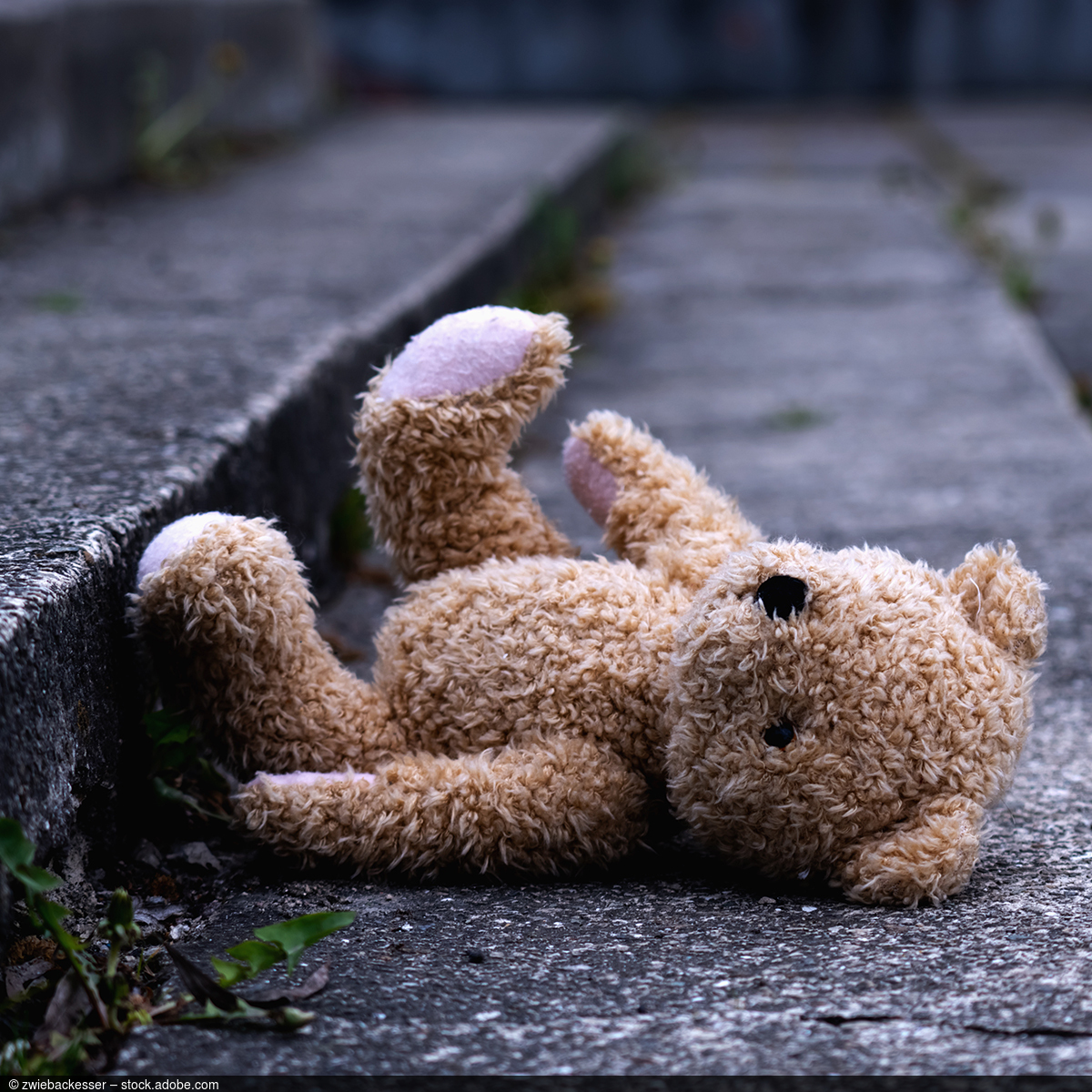Children of War Overcompensate for Deprivation for the Rest of Their Lives
ResearchZEW Study on Meat Consumption of the Second World War Generation
Research shows that those who experienced the Second World War as children, especially girls, have overcompensated for the lack of available meat during the war ever since. Not only are they more likely to eat meat every day and spend more money on food on average in adulthood, but they also suffer more frequently from comorbities such as obesity or cancer than people who were not affected by meat shortages. These are the findings of researchers from ZEW Mannheim, Erasmus University Rotterdam and the Global Labor Organization. Their study analysed the data of approximately 13,000 residents of Italy, examining eating habits, body mass index (BMI) and other health data from later in life.
“Of those who experienced a meat shortage as children, women in particular suffer lifelong effects due to higher meat consumption. And it’s not just the war generation itself that tries to compensate for the shortage they suffered – their children also adopt their parents’ dietary behaviour. Even a short-term deprivation in childhood can have a major impact on the lifestyle and health for several generations,” explains co-author Effrosyni Adamopoulou, PhD, researcher in ZEW’s “Inequality and Public Policy” Group.
Hunger widespread during the war
During the Word War II in Italy, hunger was widespread in families of all socio-economic classes. This was partly due to the fact that many farm animals were slaughtered to meet the food requirements of the invading armies, resulting in a significant reduction in the meat supply. However, the fact that average per capita meat consumption had already returned to pre-war levels by 1947 shows that the war only caused short-term meat shortages.
Sons favoured in times of war – daughters bear the consequences
The shortage of meat during the Second World War had a significant impact on all those affected, but especially children. However, sons were apparently favoured over daughters when it came to the distribution of scarce goods. The researchers found that between 1942 and 1944, two-year-old girls lost more weight on average than two-year-old boys. The difference was even greater among working-class children: the average weight loss of children of blue-collar workers in rural areas between 1942 and 1944 was four per cent for girls and just 1.4 per cent for boys.
Girls in Italy experienced more severe deprivation than boys, and they were also more likely to suffer health consequences due to overcompensation. “Women who experienced considerable meat deprivation in childhood tend to have a higher BMI and are more likely to be obese later in life,” explains Adamopoulou. “These women are also more likely to perceive their own health as poor and to develop cancer – this is consistent with medical evidence linking red meat and processed meat consumption to obesity and a higher risk of cancer.”
The study is based on data from the Italian National Institute of Statistics (ISTAT), including archive data on livestock numbers and historical slaughter figures during World War II together with extensive survey data on eating habits and health effects at an individual level. Household wealth and income data also allow conclusions to be drawn about the effects on food expenditure.




